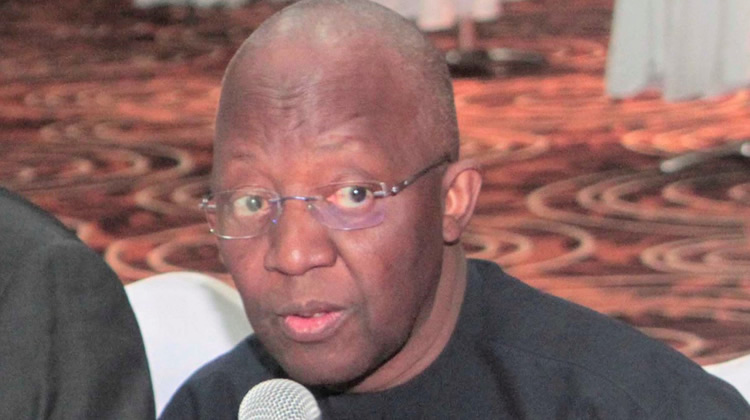As debate over electricity tariff hike rages on, the Nigerian Electricity Regulatory Commission (NERC) has provided a step by step process for tariff adjustment.
The commission’s latest directive signed by its Chairman, Sanusi Garba explains the process and restates the legal framework under the Electricity Act 2023.
According to the Electricity Act 2023, NERC is to ensure electricity providers can recover their costs and have fair pricing for consumers.
The commission said tariff regulation applies to every segment of the electricity market including generation, transmission, distribution and trading.
The law mandates NERC to develop a pricing framework that allows efficient operators to recover their costs and investors to earn reasonable return.
To achieve this, the commission has adopted the Multi-Year Tariff Order (MYTO) methodology – an incentive based pricing system to determine electricity rates and future adjustments.
Under the MYTO framework, a major tariff review is done every 5 years. This comprehensive review looks at industry conditions, cost structures and operational assumptions to ensure efficiency and sustainability.
Before a major tariff review is implemented, NERC is required to notify all electricity providers one year in advance.
Within 120 days of this notice, operators must submit detailed application justifying their proposed adjustments. These applications must include financial records, investment plans and evidence of stakeholder consultation especially with electricity consumers.
Once applications are received, NERC has 90 days to review them and prepare a consultation paper. This document outlines the basis for tariff adjustments covering infrastructure investments, service improvements and impact on electricity prices.
The paper is then published on NERC’s website and stakeholders are given 21 days to respond.
After the consultation, the commission reviews all comments and schedules a Rate Case Hearing where final decisions on tariff adjustments are taken.
The entire process from application to approval takes about 6 months. If approved, licensees must notify customers through official channels including their websites.
Besides major reviews, NERC also does minor tariff adjustments to account for economic factors like fuel costs, inflation, exchange rates and power supply availability.
These minor reviews can be done monthly or not more than 6 months.But the Special Adviser to President Bola Tinubu on Energy, Olu Verheijen has said an electricity tariff adjustment will come soon.
She lamented that the current N200 billion monthly subsidy is benefiting the rich more than the poor and hasn’t improved access to electricity for low income households.
Verheijen said the government is working on a new subsidy system that will prioritise those most in need. This will make electricity more affordable for millions of working class Nigerians and allocate resources more effectively.
Now, consumers and industry stakeholders will be watching to see how the tariff review process plays out and what it will mean for electricity prices across the country.

